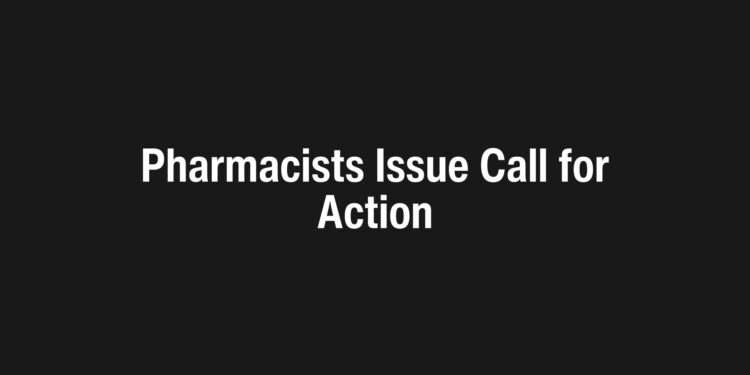As healthcare systems face mounting pressure, community pharmacists’ role is more vital than ever. However, many European countries are facing difficulties in recruiting and retaining community pharmacists, exacerbated by burnout, early retirements, and a lack of interest among students.
The Pharmaceutical Group of the European Union (PGEU) is calling for comprehensive measures to address the growing shortage of pharmacists in Europe, urging policymakers, healthcare providers and educational institutions to act swiftly to ensure the long-term sustainability of the pharmacy profession. In its new Position Paper on Pharmacists Workforce Shortages, PGEU outlines key recommendations to strengthen the pharmacy sector and improve patient care.
PGEU asks for strategic workforce planning for pharmacists at a national level and for governments’ investments to ensure that the pharmacy workforce can meet the growing demands of an ageing population and increasingly complex therapies.
“To continue to provide highquality care, we must boost education, leveraging on innovative teaching methods, and ensure that pharmacy curricula adapt to the evolving healthcare landscape.
Fostering interprofessional education early in students’ academic careers and using effective skill-mix strategies will be instrumental in creating a more unified healthcare workforce.
It is also imperative that we not only showcase the value of community pharmacy but also work to integrate the profession more deeply into the healthcare system,” said PGEU President Aris Prins.
“We should focus on promoting continuing professional development and on retention policies that address burnout and dissatisfaction within the profession. This includes offering manageable workloads, competitive salaries, reducing bureaucracy, improving career progression pathways, and promoting work-life balance.
Technological solutions can streamline administrative tasks in pharmacy, allowing community pharmacists to spend more time on patient counselling. Embracing digitalization can improve efficiency without compromising the critical patient interaction that is the core of quality healthcare”, Prins concluded.
Read more HERE
Read our latest news HERE










